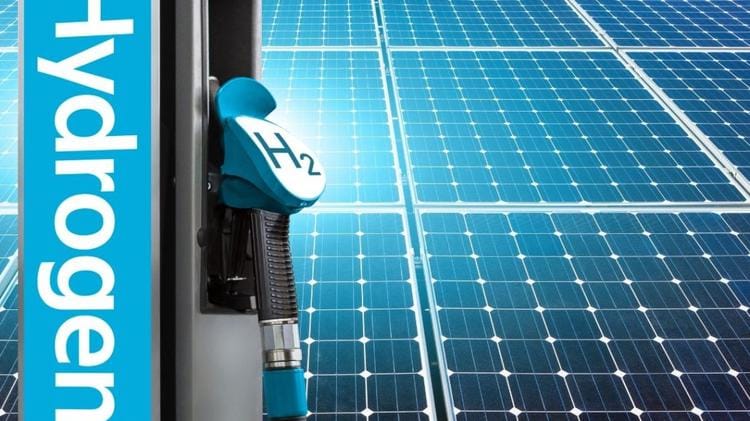The European Commission has approved a Dutch aid scheme of 998 million euros to support the production of renewable hydrogen. This decision aims to reduce dependence on fossil fuels and accelerate the ecological transition.
Objectives and details of the aid scheme
The Netherlands has informed the Commission of its intention to subsidize the increase of the country’s electrolysis capacity for the production of renewable hydrogen. This support will include the construction of an electrolysis capacity of at least 200 MW. The aid will take the form of a direct grant, combining an initial grant covering up to 80% of investment costs and a variable premium over a period of 5 to 10 years.
Expected impact
The European Commission estimates that this aid scheme will significantly contribute to the Netherlands’ efforts to achieve an electrolysis capacity of 500 MW by 2025 and 3 to 4 GW by 2030. Furthermore, this project supports the EU’s ambitions to install at least 6 GW of electrolyzers producing renewable hydrogen by 2024 and at least 40 GW by 2030.
The scheme is expected to prevent the emission of 55 kilotonnes of CO2 per year until 2030, thus contributing to the climate goals of the Netherlands and the EU.
European objectives in renewable energy
According to the revised European directive on renewable energy of 2023, the goal is to raise the share of renewable energy to 42.5% of the EU’s gross energy consumption by 2030. A new target aims to achieve 42% renewable hydrogen in the total hydrogen used in industry by 2030 and 60% by 2035.
Conclusion
This Dutch initiative, supported by the EU, marks a significant advance in the energy transition towards renewable sources, strengthening Europe’s position in the fight against climate change.


